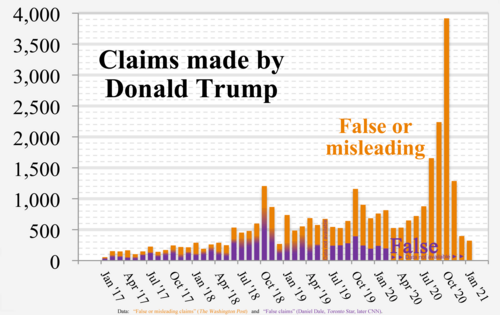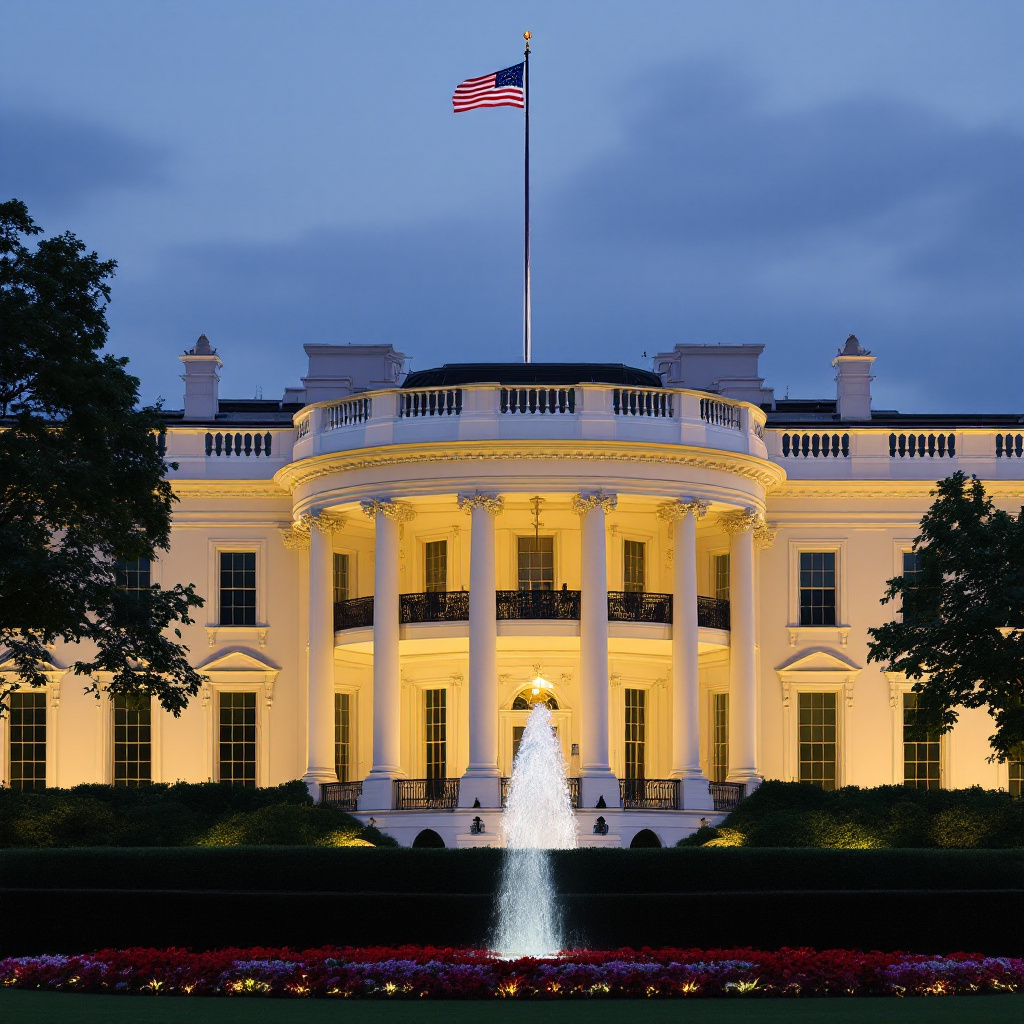
In a seismic shift that has sent shockwaves through the political landscape, Donald J. Trump has secured his position as the 47th President of the United States, marking a triumphant return to the Oval Office. As the world braces for his inauguration on January 20, 2025, the auction and real estate markets are poised on the precipice of potential transformation, with industry experts and economists forecasting a complex tapestry of opportunities and challenges.
Second_presidency_of_Donald_Trump
The Trump Effect: A Second Term’s Economic Landscape
Trump’s previous tenure (2017-2021) was characterised by significant tax reforms and deregulation efforts, which had far-reaching implications for various sectors of the economy. As we anticipate his second term, there is a palpable sense of déjà vu mixed with uncertainty about the future trajectory of his economic policies.
Interest Rates and Monetary Policy
One of the most critical factors that could shape the auction and real estate markets under Trump’s second presidency is the potential for lower interest rates. Marty Harlee, president and CEO at First Trust Financial, predicts that Trump may advocate for the Federal Reserve to reduce interest rates, a move designed to rapidly stimulate economic growth. This strategy could potentially ignite a substantial refinancing boom and catalyst a record number of home sales, echoing the trends observed during his first term when mortgage rates experienced significant fluctuations, dropping from 4.14% in 2017 to a remarkable 2.65% by 2020.
the-lender/trump-wins-in-2024-how-will-this-impact-the-housing-market/
Tax Cuts and Deregulation: A Double-Edged Sword
Trump’s economic philosophy, deeply rooted in tax cuts and deregulation, is expected to remain a cornerstone of his second-term policies. Dennis Shirshikov, a professor of finance, economics, and accounting, suggests that these measures could potentially increase disposable income for many Americans, thereby stimulating demand in the housing market. However, this economic stimulus comes with its own set of challenges. The specter of inflation looms large, with the Federal Reserve potentially compelled to raise interest rates to maintain economic stability, a move that could make mortgages more expensive and potentially dampen housing affordability.
Real Estate Market: Navigating Choppy Waters
The real estate market, which experienced a robust 27.5% increase in home prices during Trump’s first term, may face a complex set of dynamics in the coming years. While lower interest rates could fuel demand and drive up housing prices, the potential for increased construction activity and efforts to ease regulatory barriers could help address supply constraints.
However, the market must also contend with the potential impact of Trump’s trade policies. Proposed tariffs on imports could lead to higher construction costs, potentially affecting real estate development timelines and overall market affordability. This delicate balance between stimulating growth and managing inflationary pressures will be crucial in determining the trajectory of the real estate market under Trump’s second term.
Auction Market: Volatility and Opportunity

The auction market, particularly for high-value items such as art, antiques, and luxury goods, is likely to experience its own set of challenges and opportunities. The unpredictability associated with Trump’s policy approach could introduce a level of uncertainty into the market, potentially causing hesitation among buyers and investors. This volatility might necessitate adjustments in auction strategies and pricing models to navigate the changing landscape.
However, it’s not all doom and gloom for the auction sector. Nearly nine in ten institutional investors predict that a Trump administration would be more amenable to private real estate investments. This sentiment could potentially lead to an increased flow of capital into real estate assets, indirectly benefiting the auction market for luxury properties and high-value items.
Global Perspective: Auction and Real Estate Trends
As we consider the potential impact of Trump’s presidency, it’s crucial to view it within the context of broader global trends in the auction and real estate markets. The real estate sector has been experiencing significant shifts, with rising home prices, a move towards suburban and Sun Belt regions, and an increasing embrace of digital technologies. These trends, coupled with the ongoing evolution of the auction market towards hybrid models and increased use of AI and big data, will likely intersect with and be influenced by Trump’s policies in complex ways.
Conclusion: A Market in Flux
As Donald J. Trump prepares to reclaim the presidency, the auction and real estate markets stand at a crossroads. The potential for lower interest rates and economic stimulus measures could inject vitality into these sectors, potentially driving up demand and prices. However, this growth must be balanced against the risks of inflation, market volatility, and the impact of trade policies on construction costs.
For stakeholders in the auction and real estate markets, the coming years will require careful navigation of a rapidly evolving landscape. As we’ve seen in the past, Trump’s presidency is likely to bring both opportunities and challenges, requiring adaptability, foresight, and a keen understanding of market dynamics.
As we approach this new era, one thing is certain: the auction and real estate markets are poised for a period of significant change. Whether this change will ultimately benefit or hinder these sectors remains to be seen, but it is clear that the impact of Trump’s second term will be felt far beyond the walls of the White House.


